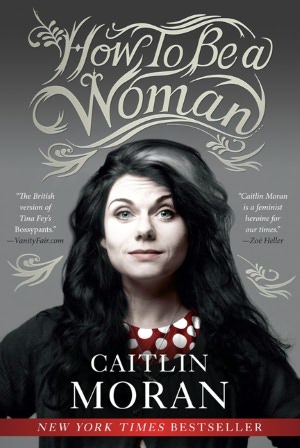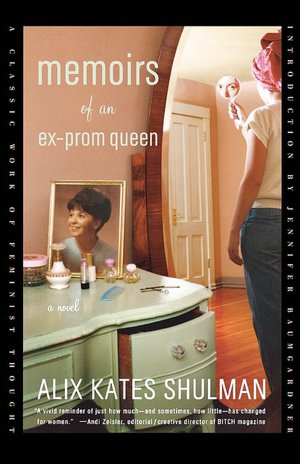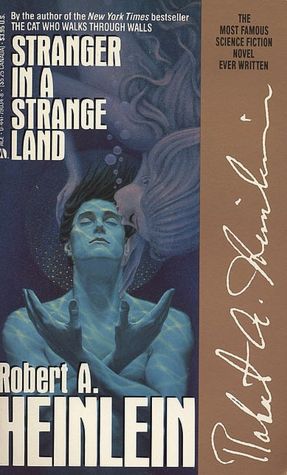My mom used to say that there are two types of people, with a very important distinction to be made between them. There are those who eat to live and those who live to eat. We, as a family, have always fallen into the latter category. Growing up, dinnertime was serious business. We gathered night after night, with a properly set table, a square meal, and post-dinner coffee (for the adults, of course). Friends who joined us were always amazed that we didn’t just eat and run, but seemingly enjoyed the process. At the top of her game, my mom was a great cook. We have the photographic evidence from birthdays past to suggest she was capable of extraordinary baking feats (homemade Big Bird cakes, for instance) and family members talk about the elegant dinner parties my mom threw when my parents were first married, but really, her specialty ran closer to the classics---the dishes that don’t require a recipe. Our cousin summed this up perfectly, joking that, “A recipe calls for an egg and Janice uses a marshmallow.” Pot roast, linguini and clam sauce, a perfect spiral ham, roasted chicken, escarole and beans, Sunday sauce: this was my mom’s food. Unfussy, with no pretenses---the kind of food that invited you to stay awhile. She went to the public market in Rochester, not because it was trendy to eat seasonal and local, but because it was cheaper. “Everything’s a dollar!” she would exclaim, arms full of tomatoes, cucumbers, and romaine lettuce in the summer. As we grew up, and inevitably thought we knew everything, my sisters and I rolled our eyes at the predictability of her cooking. If she hosted a brunch, you were guaranteed an egg strata, ham, and a make-ahead French toast casserole. For summer barbeques by the pool, you could count on potato salad, macaroni salad with tuna, and a huge bowl of melon.
My mom was the only person I knew who could pull together a meal for 15 with no advance notice. She kept a bag or two of chips in the pantry, and veggies, dips and cheese in the fridge, ready to be pulled out on a moment’s notice if friends or family swung by unannounced. One Christmas not too long ago, our group doubled hours before the beef tenderloin, double baked potatoes, and salad were to hit the table, and I can tell you definitively that we still had leftovers. To this day, if you ask a family member or friend about my mom’s cooking, they will most certainly tell you about their favorite dish, but more importantly, about the memories that the food conjures. Sara will tell you about coming over on Thanksgiving or Christmas and digging the remaining spinach dip out of the bread bowl that my mom saved just for her. She’ll tell you how even with a house full of people, my mom would stop and really talk to her. My friend Meg will tell you about the taco turkey chili my mom had waiting for us on several occasions, when we sought refuge in Rochester after a particularly long week of college. She’ll tell you how my mom always made her feel at home, even in the handful of times she was there. Nikki will most definitely tell you about my mom’s clam sauce, and how she didn’t even need to ask for it when she came to Rochester. It was waiting, along with a pot of coffee after dinner, to give us all an excuse to sit and chat even longer. For me, it’s zucchini sautéed in tomatoes (with a heaping scoop of parmesan) and sausage and potatoes; the food that reminds me of sitting at the table on a Tuesday night---in other words, the ordinary food. It's my mom's salad, generously dressed with oil, red wine vinegar and Marie's blue cheese dressing, begging to be eaten directly out of the bowl. It's the recipes that also remind me so much of my grandma: the pizzelles made at Christmas time and the Easter bread---laced with anise and lightly frosted---that my mom hand delivered to eagerly waiting friends and family each year.
As the years passed, my mom’s enthusiasm for cooking waned. On more than one occasion in recent years, my mom and dad were known to have toast for dinner. “You can’t eat toast for dinner!” my sisters and I argued, but my mom didn’t care. She told us that after forty years of marriage, she was done cooking---except for Sunday dinners and holidays, of course. My sister and brother-in-law took over Thanksgiving hosting duties in the past few years, but as we realized this year, my mom was still the heart and soul of the operation. This was the first year my mom didn’t buy the turkey and bring it over on Wednesday night, completely dressed, with explicit directions about timing and temperatures. This was the first year she didn’t make her mashed potatoes---made ahead of time and frozen (controversial until you actually taste said potatoes)---her stuffing or her butternut squash. This was the first year she didn’t save the wishbone from the turkey, to make a wish on. And so this year we did the only thing we knew how to do without her: we made her food. My sisters and cousins spent the weekend before Thanksgiving mashing forty pounds of potatoes and wrangling with a number of unyielding squash. Weeks before Thanksgiving, we panicked, not remembering the recipe for my mom’s stuffing. Katie, in Australia, came to the rescue. My mom’s stuffing has been a mainstay in her Australian Thanksgiving for years; her friends actually refer to it as Mrs. Brady’s stuffing. We sat down for Thanksgiving dinner, surrounded by my mom’s food and the family and friends who have sustained us over the last year. A close family friend said grace and lit a candle for my mom. Danielle lost both her parents in the last decade, and told us it was my mom who allowed her to appreciate Thanksgiving again.
My mom’s legacy is everywhere, but perhaps nowhere as clearly as at the dinner table. Whether it’s on fine china at Thanksgiving or pizza on paper plates, we continue to break bread together, sharing our food and our stories as we always have. It’s not just food, after all, it’s family.












































